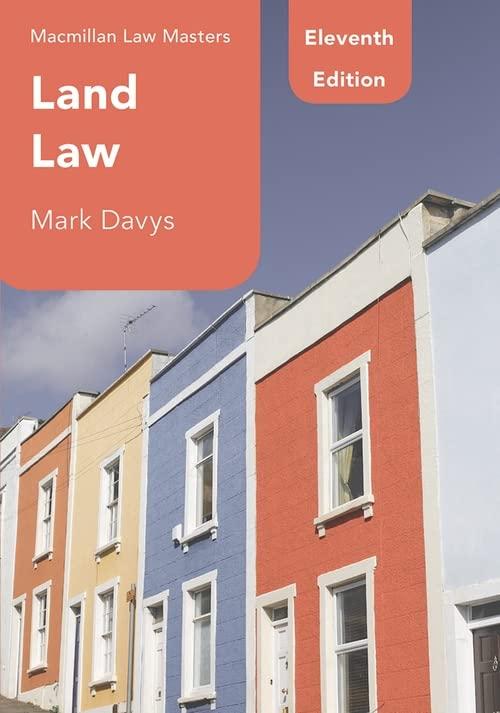Answered step by step
Verified Expert Solution
Question
1 Approved Answer
Solan & Tiersma, Ch. 6, Exact Words https://1lib.us/book/990436/d1be4b Close examination of language used in legal settings can uncover some of the legal system's hidden assumptions
Solan & Tiersma, Ch. 6, Exact Words https://1lib.us/book/990436/d1be4b
- Close examination of language used in legal settings can uncover some of the legal system's hidden assumptions and biases, as we have seen.The law seems to be systematically more concerned with how a suspect asks to see a layer than it is with how a police officer asks for permission to conduct a search.In both cases the actual words of the suspect or police officer matter; that is, legal analysis relies heavily on close inspection of the words that were actually used.Unfortunately often suspects or police officers and in particular witnesses can't remember the exact words.How does the Court treat the testimony of witnesses, then?They allow the witness to testify to the substance of what was said.What is the problem with this?Discuss w/ examples to illustrate.
- What is the Jencks Act?How do prosecutors get around this?
- Summarize the research on verbatim memory presented in this chapter(pp. 99-104). What is verbatim memory and what have various studies shown about it? E.g., What is the 'phonological loop' identified by Alan Baddeley and what are the implications of this theory about verbatim memory with regard to witnesses' testimony in a court of law?What are other factors that affect recall besides time?Etc.
- In determining whether a suspect has given consent to a search or waiving the Right to Counsel, what is the standard that the Courts tend to use when the evidence is police testimony?(e.g., Maldonado v. US)Why is this problematic?What practices could be implemented to collect verbatim reports of consent to search/seizure?
- What is hearsay, according to the Federal Rules of Evidence?How does this rule apply to confessions?How does the law justify exclusion of the admission of a confession by a party-opponent to the Rule of Hearsay?How is the cross-examination of a witness's testimony regarding an oral confession subject to unreliability?How does it differ from an eyewitness identification?
- How does the legal system resist efforts to reconsider cases there is evidence related to the innocence of the prosecuted that would suggest a false conviction?
- Why is it problematic for the system to rely on jailhouse confessions to other inmates?Explain.
- In language crimes, e.g., a threat, a conspiracy, a solicitation, an agreement to accept a bribe, and a false statement in a perjury prosecution, does the government have to prove what words the defendant actually uttered?To what standard is the government held?
- The Fifth Amendment of the Constitution protects a person from being compelled to 'be a witness against himself."Does this pertain to testimonial or demonstative evidence?Define each of these types of evidence and explain the consequence of the 5th Amendment.Provide an example to illustrate.
Step by Step Solution
There are 3 Steps involved in it
Step: 1

Get Instant Access to Expert-Tailored Solutions
See step-by-step solutions with expert insights and AI powered tools for academic success
Step: 2

Step: 3

Ace Your Homework with AI
Get the answers you need in no time with our AI-driven, step-by-step assistance
Get Started


